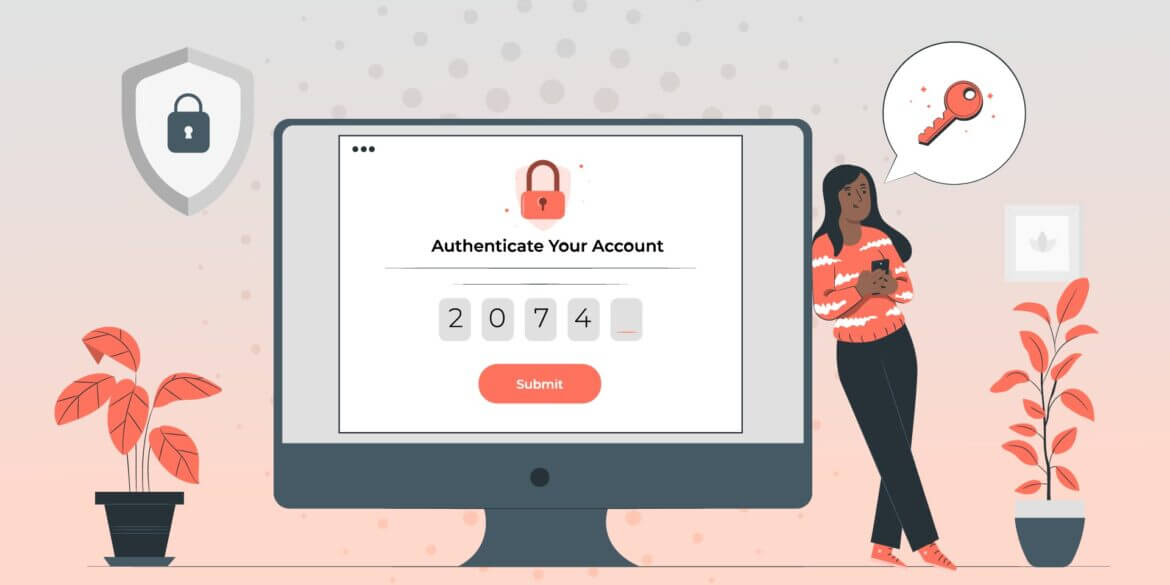What is KYC
Know Your Customer (KYC) is the process of confirming a customer’s identification in accordance with legal standards and existing laws and regulations, for commercial objectives as well as evaluating and tracking risks for new & potential customers. A thorough KYC verification guards your business against fraud and financial losses. It is additionally intended to function as an Anti-Money Laundering (AML) mechanism for firms subject to regulation, such as the financial sector.
IT Consultancy Designed Around Your Business Objectives
Expert Guidance to Optimize Your Technology Strategy
Discover IT ConsultingKnowing a customer’s identification, the risks he or she might represent, and the financial transactions connected to that individual are all part of KYC verification. Three key steps, in the following order, form an effective Know Your Customer (KYC) process:
- The Customer Identification Program (CIP) is a series of procedures used to identify and confirm a customer’s identification utilizing documents, data, or information from trustworthy, independent sources.
- A program called Customer Due Diligence (CDD) is used to assess a potential customer’s reliability. In order to reduce risks and defend yourself from criminals, terrorists & politically exposed individuals (PEPs) who could constitute a threat, CDD is a crucial component. This procedure typically includes checking watchlists and international sanctions.
- In order to have control of financial transactions & accounts based on criteria defined as part of a customer’s risk profile, ongoing monitoring is required between a company and its client. The program may keep an eye on activity peaks, anomalous cross-border activity, people being added to sanction lists, and negative media coverage.
Redefine Your Business with Digital Transformation
Innovative Digital Solutions, Designed for Your Unique Needs
Explore Digital TransformationIn the event of a regulatory audit, all KYC documentation (records) created on each customer during the procedure must be preserved in a secure and legal way.
How does KYC work?
There are numerous ways to complete the KYC verification process, including remotely, online, and in person at the organization’s headquarters. An eKYC process, which includes video identification via streaming video and videoconferencing and other biometric testing in addition to other security checks, is what we refer to when the procedure has been digitally transformed and is carried out online.
The KYC procedure is the same in the banking & financial services sectors as it is in other sectors, but the high-security standards mandated by law are distinctive from those that apply to other firms. In order to provide a solid foundation where KYC procedures are 100 percent secure, standards like 5AMLD and eIDAS norms were established.
Experience the Power of Custom Software Development
Transformative Software Solutions for Your Business Needs
Explore Custom SoftwareAdditionally, regulators are incorporating and standardizing video streaming, which is evolving into the world standard for identification in the banking sector.
How can KYC help you and your business?
For financial services companies, in particular, KYC compliance has a significant impact on how companies enable customers to register accounts and conduct financial transactions on their favorite devices.
A series of controls are applied to avoid having commercial relations with people that could be related to terrorism, corruption, or money laundering, among others.
You can also dive deeper into our article Banking Influenced by Technology Trends to discover more interesting information.
To avoid costly penalties, sanctions, and brand harm, KYC compliance is essential.
For regulated organizations, having the proper Know Your Customer strategy in place is not only crucial to reducing financial risk to clients but also a legal obligation due to current Anti-Money Laundering (AML) legislation. These rules were initially solely applicable to financial institutions, but they are now applicable to businesses in other industries, dealers in virtual assets, fintech companies, and even non-profit organizations. Doing a deal with a money launderer could result in fines, sanctions, and reputational harm if you, by definition, don’t know your customers.
The question of whether you can trust a potential customer is a key element of a KYC assessment. As a result, controlling your risks and removing potential dangers depend on it. From screening third parties to making sure that important records and data have been gathered and securely stored.
Experience Our Research & Development Expertise
R&D-Led Software Development Integrates Innovation into Every Product Detail
Learn About R&D ServicesThe new standard for KYC verification is electronic.
The future of KYC is unavoidable and welcome, as Electronic Know Your Customer (eKYC) is now the industry benchmark. The fact that eKYC makes the KYC procedure faster is just one of many factors that will make it popular in the near future. It might take a long time to onboard new clients and consumers, especially if you wish to implement a strong Customer Identification Program and comply with AML protection (CIP).
The quicker eKYC processes solve this issue by combining many, frequently nonlinear processes into automated workflows. Additionally, eKYC as a solution has a lot of advantages. It may, among other things, automatically check for faults, enhancing accuracy and guaranteeing that the process goes without a hitch.
Compliance is also made easier with eKYC procedures because it’s frequently as easy as amending a ruleset. Regulations change continuously, and systems must alter to keep up. This flexibility in the face of a constantly shifting environment saves time and money.
There may still be instances where using digital solutions for KYC is not possible, such as when there are antiquated laws or legacy standards that need to be updated. These are the exceptions, though, and they are on the way out. Complete digital KYC is the way of the future, and businesses that resist it will end up losing out.
Your KYC processes can be digitalized and automated by us.
To discover more about how our powerful KYC solutions can help you safeguard yourself, your business & your customers, contact us today and schedule a meeting with HyperSense.
If you enjoyed our article, we also recommend reading All You Need To Know About Cloud Computing to gain some cloud-related knowledge. Or you could find it interesting to learn about the Best Practices For Notifications.










